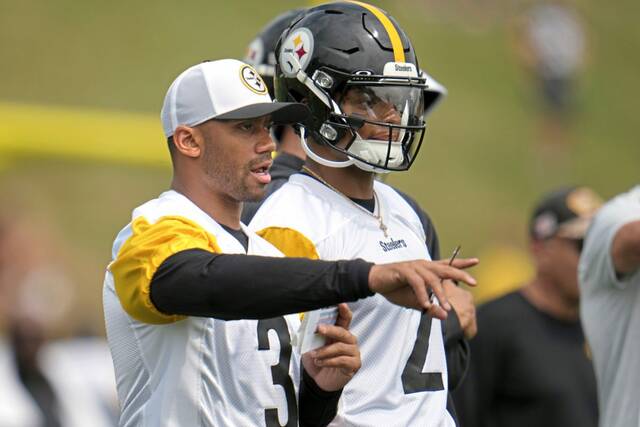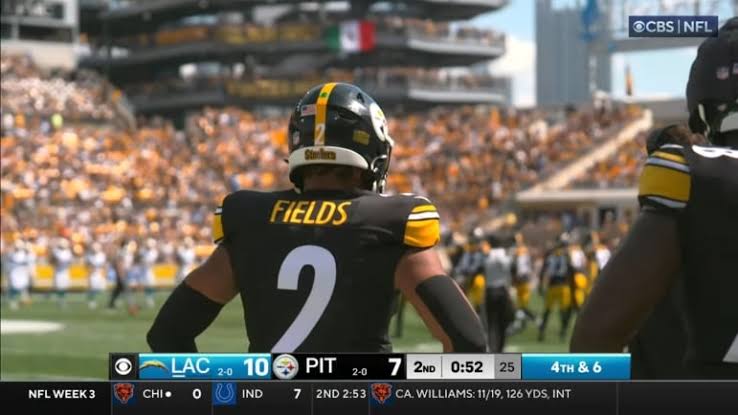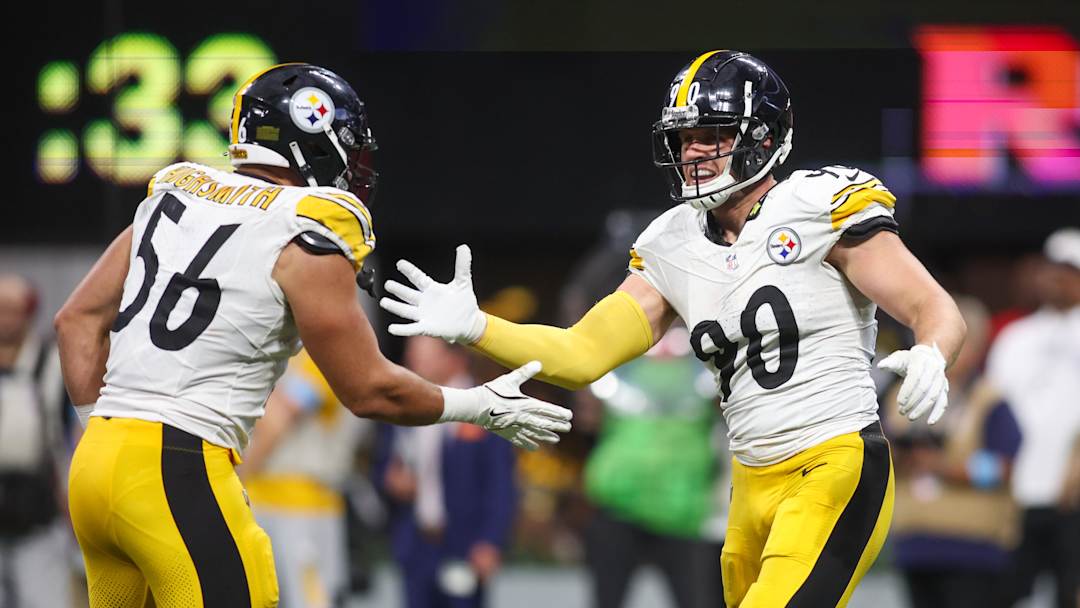BREAKING NEWS: Former WVU Coach Fired Over Benefits to Players Sues NCAA, Calls Himself a “Sacrificial Lamb”
March 27, 2025 — Morgantown, WV
In a stunning legal move, former West Virginia University (WVU) Head Football Coach, Mike Anderson, has filed a lawsuit against the National Collegiate Athletic Association (NCAA), claiming that the governing body unfairly targeted him and made him a “sacrificial lamb” in a larger effort to enforce controversial rules about player benefits. Anderson, who was dismissed from his position earlier this year after allegations of providing improper benefits to players, has alleged that the NCAA’s investigation was biased and that he was wrongfully used as a scapegoat in the midst of a larger, ongoing debate about NIL (Name, Image, and Likeness) compensation for college athletes.
Anderson’s lawsuit, filed in a federal court today, accuses the NCAA of acting outside its bounds and making him the face of a crackdown that he argues is not only unfair but also contradictory to the evolving landscape of college sports. In his legal complaint, Anderson claims that he was punished for actions that were consistent with the changing rules of college athletics and that the NCAA failed to provide a fair and transparent investigation into his case.
“A Sacrificial Lamb for a Broken System”
In the filing, Anderson described the NCAA’s handling of his case as “selective enforcement” and stated that he was unfairly singled out for minor infractions while other, larger programs were allowed to continue with little scrutiny. “I was made to be a sacrificial lamb, a convenient scapegoat in a system that is fundamentally broken,” Anderson wrote in the court documents. “The NCAA is out of touch with the reality of college athletics today, where NIL deals are the new norm, and players have more power than ever before. To punish me for attempting to adapt to that reality is not just unjust—it’s a violation of my rights and the rights of the players involved.”
Anderson’s comments reflect a broader frustration among college coaches who feel that the NCAA’s rules and regulations on player compensation have failed to keep pace with the evolving nature of college sports. Since the introduction of NIL deals in 2021, many coaches have voiced their concerns about the shifting balance of power between institutions and athletes, and Anderson is among the most high-profile figures to speak out against the NCAA’s handling of these issues.
The Allegations Against Anderson
The controversy surrounding Anderson began last fall when an NCAA investigation revealed that Anderson had allegedly facilitated benefits for several of his players, including providing financial support in violation of NCAA rules. The benefits reportedly included assistance with housing, transportation, and meals—actions that the NCAA deemed as impermissible under its existing guidelines.
However, in his lawsuit, Anderson contends that these benefits were not provided with the intent to break the rules but rather as part of efforts to support players who were facing difficult circumstances. Anderson maintains that, in many cases, the benefits provided were in line with the growing pressures on college coaches to provide more support to players in the era of NIL deals and increased player autonomy. Anderson has also argued that these actions were taken to level the playing field and provide his players with opportunities they might not have otherwise had.
“My job was to protect my players and make sure they had what they needed to succeed,” Anderson said in a statement accompanying the filing. “The fact that I’ve been punished for trying to help these young men—while the NCAA allows larger programs to operate with less scrutiny—is not only wrong but also emblematic of an outdated and unfair system.”
A Growing Movement for Change
Anderson’s lawsuit comes amid a broader push for reform within college sports. The introduction of NIL deals, which allow athletes to profit from their name, image, and likeness, has created a paradigm shift in the way college sports are structured. Critics of the NCAA’s handling of the situation argue that the governing body has been slow to adjust to the changing landscape, often punishing coaches and schools for actions that are in line with evolving norms.
In addition to his lawsuit, Anderson has become a vocal advocate for changes to the NCAA’s policies on NIL compensation and player benefits. “The system is broken, and it needs to change,” Anderson said. “We need a clear, fair framework that empowers coaches to support their players without the constant fear of retroactive punishment.”
His lawsuit and his stance on the issue have drawn support from several high-profile figures within college sports, including former players, coaches, and commentators who believe that the NCAA needs to modernize its policies. Some have even called for a complete overhaul of the organization, citing its inconsistent enforcement of rules and its inability to adapt to the realities of the current college athletics landscape.
The NCAA Responds
As of now, the NCAA has not publicly commented on Anderson’s lawsuit, and it remains to be seen how the legal battle will unfold. However, the case is likely to draw significant attention as it touches on many of the most pressing issues facing college sports today—namely, the conflict between traditional NCAA rules and the growing demands for player compensation and support.
In a statement earlier this year, NCAA President Charlie Baker reiterated the organization’s commitment to ensuring that college sports remain fair and equitable for all athletes. However, as the debate over NIL compensation and the rights of athletes continues to escalate, the NCAA’s ability to navigate these changes will likely be put to the test in the courts.
The Future of College Sports at a Crossroads
Anderson’s lawsuit highlights the tension between coaches, athletes, and the NCAA as college sports continue to evolve in the age of NIL and increased player power. As college football and basketball continue to bring in billions of dollars in revenue, the stakes for both players and coaches have never been higher, and the NCAA’s role in regulating the sport is under intense scrutiny.
For Anderson, the lawsuit is not just about seeking justice for himself—it is about challenging a system that he believes is broken and ensuring that future coaches and players are not punished for attempting to adapt to the realities of modern college athletics. As the legal battle moves forward, all eyes will be on the courtroom to see how the NCAA responds and whether the system will evolve in a way that better supports the players and coaches who drive college sports.














